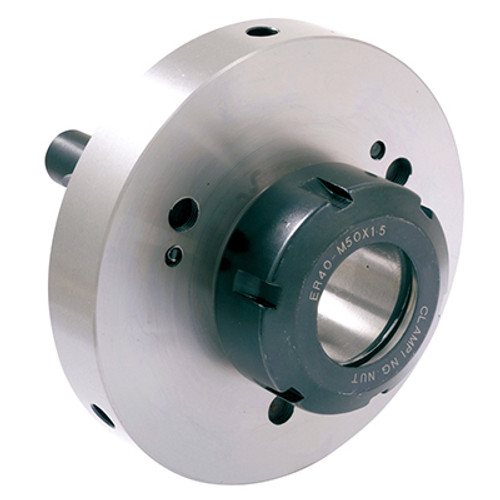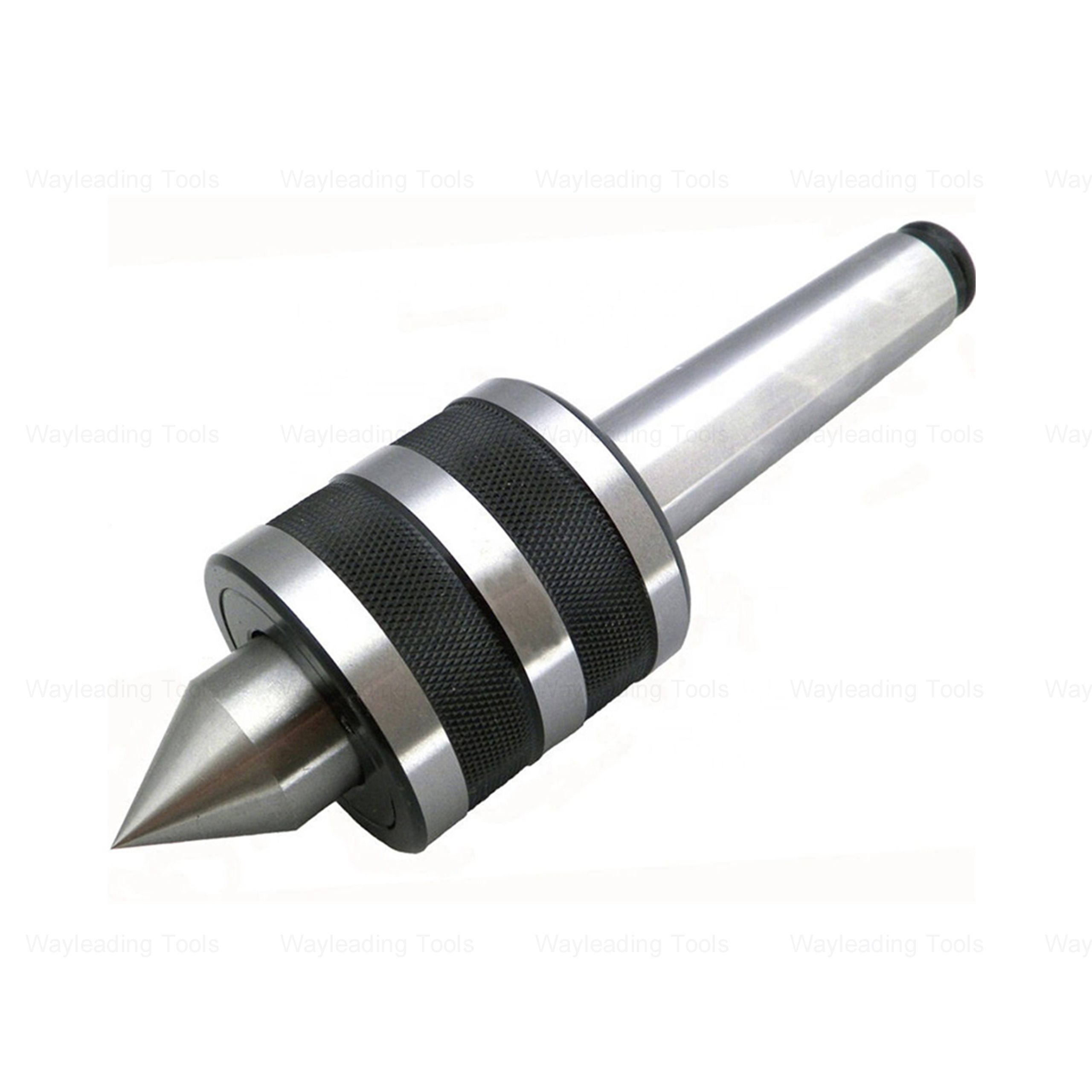counter bores Suppliers
Finding reliable counter bores suppliers can be challenging. This guide provides a detailed overview of what to look for in a counter bores supplier, the different types of counter bores available, key factors to consider when choosing a supplier, and where to find reputable options.
Understanding Counter Bores
A counter bore is a cylindrical flat-bottomed hole that enlarges a coaxial hole. It allows a fastener, such as a bolt head or screw head, to sit flush with or below the surface of the surrounding material. This is essential in applications where a protruding fastener could be problematic or aesthetically undesirable. Understanding the different types and applications is key to choosing the right counter bores.
Types of Counter Bores
Counter bores are available in various types, each designed for specific applications:
- Pilot Counter Bores: These have a pilot that fits into the existing hole, ensuring accurate centering.
- Back Counter Bores: Designed to create a counter bore on the back side of a workpiece, often used in situations where accessing the front side is difficult.
- Interchangeable Pilot Counter Bores: These allow you to change the pilot size, making them versatile for different hole diameters.
- Carbide Counter Bores: Made from carbide for increased durability and performance, especially when working with harder materials.
Applications of Counter Bores
Counter bores are used across various industries, including:
- Metalworking: Creating flush surfaces for bolts and screws in metal parts.
- Woodworking: Hiding screw heads for a clean, finished look.
- Manufacturing: Ensuring precise alignment and secure fastening in assemblies.
- Automotive: Used in engine and chassis components.
Factors to Consider When Choosing a Counter Bores Supplier
Selecting the right counter bores supplier is crucial to ensure you receive high-quality tools that meet your specific needs. Here are some essential factors to consider:
Quality and Durability
The quality of the counter bores directly impacts their performance and lifespan. Look for suppliers that offer tools made from high-quality materials such as high-speed steel (HSS) or carbide. Check for positive reviews and certifications to ensure the tools meet industry standards.
Range of Products
A good counter bores supplier should offer a wide range of counter bores in different sizes, types, and materials. This allows you to find the perfect tool for your specific application without having to source from multiple suppliers.
Pricing and Value
While price is an important consideration, it shouldn't be the only factor. Compare prices from different suppliers, but also consider the quality, durability, and features of the counter bores. A slightly more expensive tool that lasts longer and performs better can often be a better value in the long run.
Customer Service and Support
Choose a supplier that offers excellent customer service and support. This includes knowledgeable staff who can answer your questions, provide technical assistance, and handle any issues that may arise. Look for suppliers with responsive customer support channels such as phone, email, and live chat.
Delivery and Availability
Ensure the supplier can deliver the counter bores in a timely manner and that they have the tools in stock. Check their shipping policies and delivery times to ensure they meet your project deadlines. Consider a supplier like Wayleading Tools that offers a wide range of in-stock tools with fast shipping options.
Top Counter Bores Suppliers
Identifying reputable counter bores suppliers can be time-consuming. Here are some well-regarded options:
- Wayleading Tools: Offers a comprehensive range of high-quality counter bores, end mills, and cutting tools for various industrial applications. They focus on durability and performance.
- Guhring: Known for precision cutting tools, including counter bores, drills, and taps. They offer a wide selection of sizes and materials.
- OSG: A global manufacturer of cutting tools, including a variety of counter bores designed for different materials and applications.
- Sandvik Coromant: Offers a comprehensive range of metal cutting tools, including counter bores known for their high performance and reliability.
Choosing the Right Counter Bore for Your Project
Selecting the correct counter bore is crucial for achieving the desired results. Here’s a step-by-step guide to help you make the right choice:
- Determine the Hole Diameter: Measure the diameter of the existing hole that the counter bore will be enlarging.
- Select the Correct Size: Choose a counter bore with a cutting diameter that matches the desired diameter of the flat-bottomed hole.
- Choose the Right Material: Consider the material you will be working with. HSS counter bores are suitable for softer materials like aluminum and wood, while carbide counter bores are better for harder materials like steel and cast iron.
- Consider the Application: Determine the type of counter bore needed based on the application. Pilot counter bores are ideal for accurate centering, while back counter bores are used for creating counter bores on the back side of a workpiece.
Maintaining Your Counter Bores
Proper maintenance can significantly extend the lifespan of your counter bores. Here are some tips to keep them in good condition:
- Clean After Each Use: Remove any debris or chips from the counter bore after each use to prevent buildup and ensure smooth cutting.
- Store Properly: Store counter bores in a dry and protected environment to prevent rust and corrosion.
- Sharpen Regularly: Sharpen counter bores regularly to maintain their cutting performance. Use a sharpening stone or a specialized sharpening tool.
- Use Cutting Fluid: When working with metal, use cutting fluid to lubricate the counter bore and reduce friction.
Examples of Counter Bore Use Cases
Let's explore some specific scenarios where counter bores are essential:
Furniture Making
In furniture making, counter bores are used to recess screws, allowing the screw heads to sit flush with the surface of the wood. This creates a clean, professional finish. The screws are less likely to snag clothing or scratch skin, and the overall appearance is enhanced.
Machine Building
When assembling machines, counter bores ensure that bolts and screws are securely fastened without protruding from the surface. This is important for safety and functionality.
Automotive Repair
In automotive repair, counter bores are used to repair damaged threads or create recessed areas for bolts and screws in engine and chassis components. This ensures that fasteners are properly tightened and secured.
Comparing Counter Bore Materials: HSS vs. Carbide
Two common materials used in counter bores are High-Speed Steel (HSS) and Carbide. Each has its advantages and disadvantages:
| Material | Advantages | Disadvantages | Typical Applications |
|---|---|---|---|
| HSS | More affordable, easier to sharpen, good for general-purpose use. | Less durable than carbide, not suitable for very hard materials. | Woodworking, aluminum, plastics, and general metalworking. |
| Carbide | Highly durable, excellent for hard materials, longer lifespan. | More expensive, more difficult to sharpen, brittle. | Steel, cast iron, titanium, and other hard materials. |
Conclusion
Choosing the right counter bores supplier and the appropriate counter bores for your project is essential for achieving accurate and professional results. By considering the factors discussed in this guide, you can make an informed decision and ensure that you have the right tools for the job. Remember to prioritize quality, durability, and customer support when selecting a supplier.
Related products
Related products
Best selling products
Best selling products-
 APKT Milling Insert For Indexable Milling Cutter
APKT Milling Insert For Indexable Milling Cutter -
 R8 Hex Collet With Inch and Metric Size
R8 Hex Collet With Inch and Metric Size -
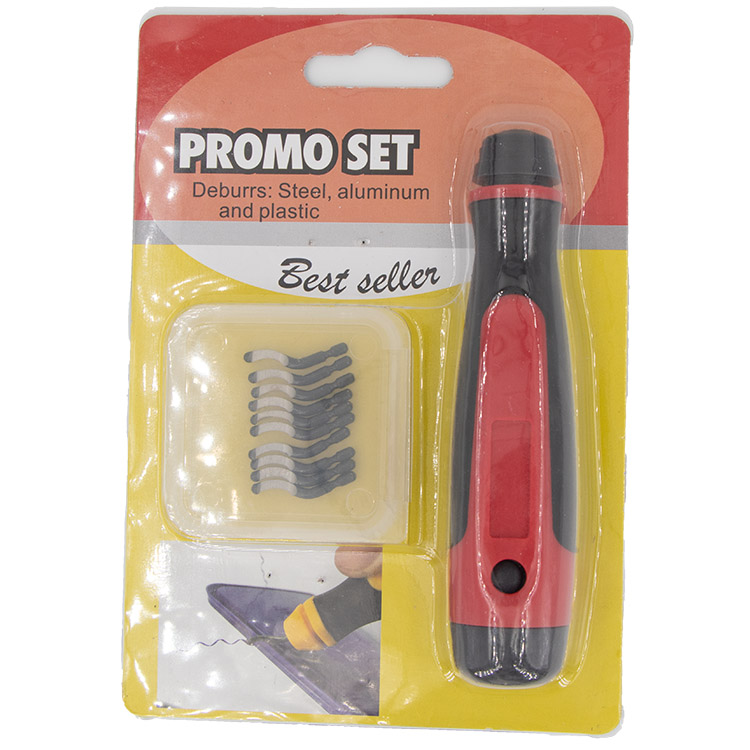 Type B Light Duty Deburring Tool Set With Deburring Holder And Deburring Blade
Type B Light Duty Deburring Tool Set With Deburring Holder And Deburring Blade -
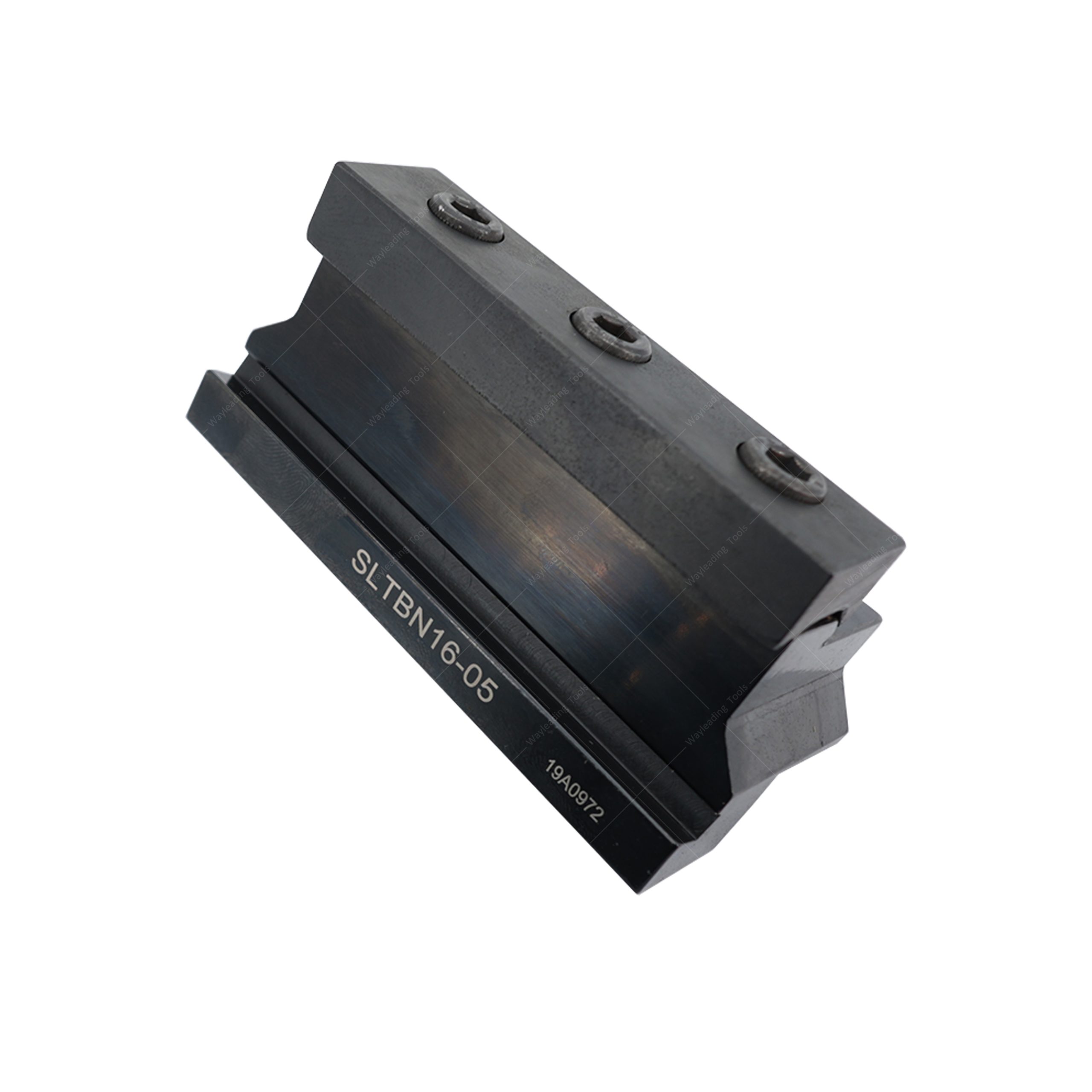 Parting & Grooving Tool Block For NCIH Blades
Parting & Grooving Tool Block For NCIH Blades -
 Carbide Tipped Hole Cutter For Cutting Stainless Steel And Iron Or Steel Plate
Carbide Tipped Hole Cutter For Cutting Stainless Steel And Iron Or Steel Plate -
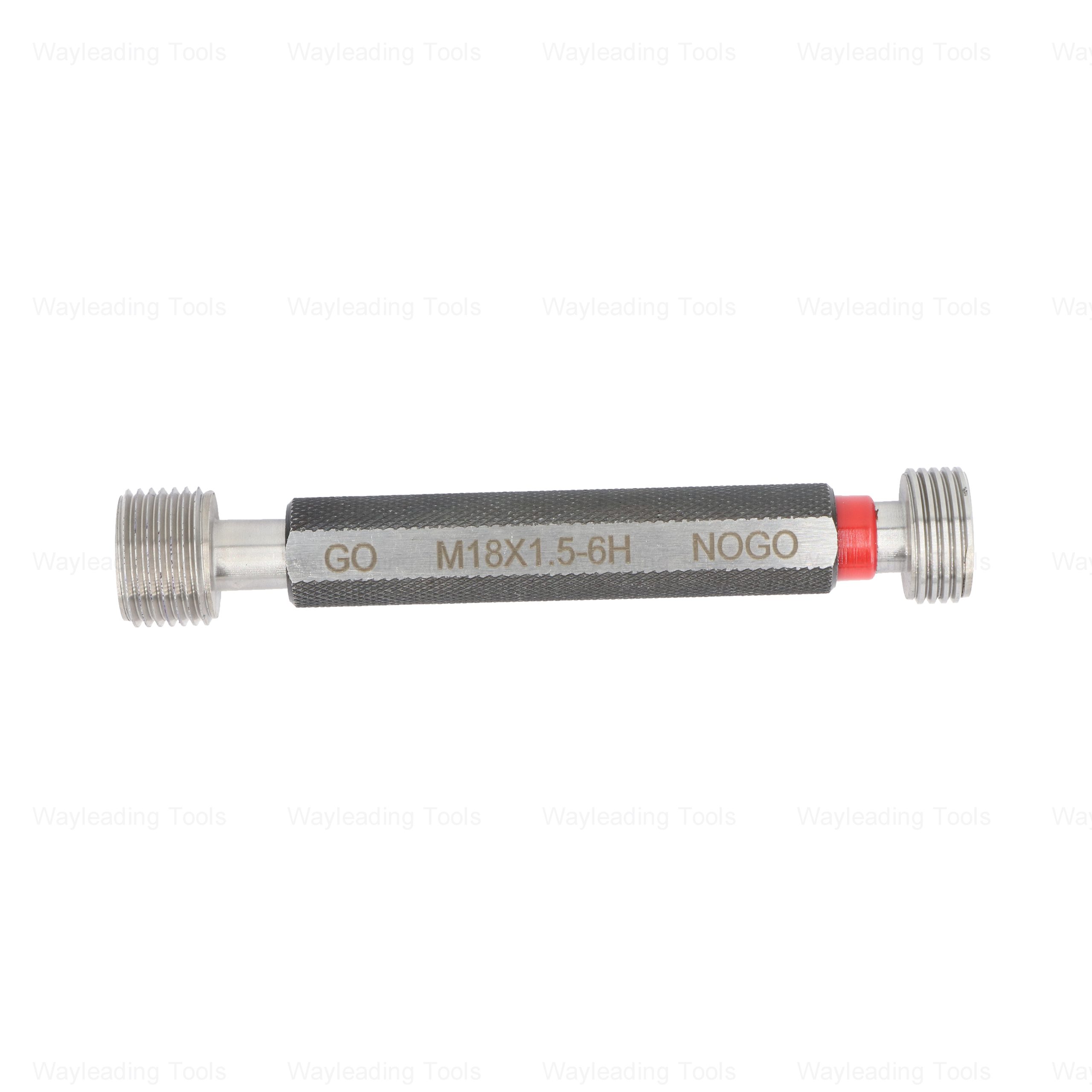 High-Precision Metric Thread Plug Gauge – 6H Class, GO & NO-GO Ends
High-Precision Metric Thread Plug Gauge – 6H Class, GO & NO-GO Ends -
 30PCS HSS Metric And Inch Size MINI Tap & Die Set
30PCS HSS Metric And Inch Size MINI Tap & Die Set -
 Double-beam Digital Gauge With Digital Counter
Double-beam Digital Gauge With Digital Counter -
 Precision Vernier Caliper With Nib Style Jaws Of Metric & Imperial For Industrial
Precision Vernier Caliper With Nib Style Jaws Of Metric & Imperial For Industrial -
 Precision 8pcs & 9pcs Angle Blocks Set With High Quality Type
Precision 8pcs & 9pcs Angle Blocks Set With High Quality Type -
 Type H Flame Tungsten Carbide Rotary Burr
Type H Flame Tungsten Carbide Rotary Burr -
 ISO Metric Hexagon Die With Right Hand
ISO Metric Hexagon Die With Right Hand
Related search
Related search- SE indexable thread turning tool Manufacturer
- 5c collet block Manufacturer
- UN threading insert Manufacturer
- tailstock chuck Manufacturers
- parting insert Factory
- High-Quality morse taper drill sleeve
- bull nose live center Factories
- thickness gauges Supplier
- flat root spline cutter Manufacturers
- lathe tooling kit






